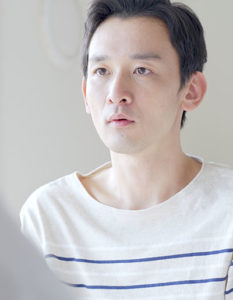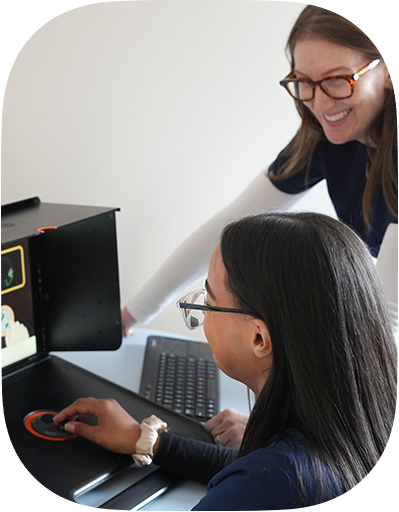
As these hearing problems can have diverse causes and implications on your overall health and lifestyle, we always take a comprehensive approach to diagnosing and treating hearing conditions with our H.E.A.R. Method™ Treatment Program. This approach means more than just one hearing test, but a multitude of tests to focus on your brain-hearing ability and customize a treatment program to treat your hearing loss symptoms and your brain-hearing needs.
Types of Hearing Loss
There are a number of different types of hearing loss, including the following:
- Sensorineural hearing loss
- Age-related hearing loss
- Noise-induced hearing loss (related to loud noise or loud sounds)
- Conductive hearing loss
- Mixed hearing loss
Hearing loss can also range from mild to moderate to severe to more profound hearing loss.
What Kind of Ear Conditions Are There?
There are many common ear and hearing conditions that affect your ability to hear or what kinds of sounds you hear. These conditions can affect the nerves, physical structure of the ear, or processing ability of the inner ear.
Tinnitus
Tinnitus, or ringing in the ears, is a condition that many people experience temporarily. It can be caused by exposure to loud noises or happen spontaneously, but chronic tinnitus is usually linked to hearing loss.
Tinnitus is not always categorized as ringing, as other phantom sounds such as clicking, buzzing, or humming are also diagnosed as tinnitus. If you’re experiencing lifestyle-disrupting tinnitus, it may be time to have a comprehensive hearing evaluation to discover its cause and how best to incorporate a hearing solution into your life.
Vertigo
The inner ear is home not only to the hearing processing organ but also to the vestibular system. Often, issues with the inner ear can affect this system, causing a sense of dizziness, spinning, or other balance issue. Vertigo can be a confluent symptom along with others or may be the sole sign of something being wrong with your hearing or inner ear. An audiologist with the right tools can help diagnose and treat vertigo.
Meniere’s Disease
For younger people (between 20 and 40 years old) with hearing or inner ear issues, their symptoms may be due to Meniere’s disease. Meniere’s has several symptoms, including tinnitus and vertigo, and is not linked to a specific cause, but rather a combination of different risk factors. As it commonly affects hearing ability, Meniere’s disease may be helped with addressing the underlying causes of hearing loss, although balance issues may require vestibular rehabilitation.
Conditions Related To Hearing Impairment
As mentioned earlier, hearing loss and other hearing conditions are often linked to (although not caused by or causing) additional conditions. Primarily, hearing loss is well-documented to be a risk factor for dementia. Possible explanations for this link are that a long-term loss of hearing acuity leads to several behavioral and mental changes, including increased social isolation and an increase in brain activity (to counteract the lack of auditory signal). Over time, these changes affect both the physical and mental health and capacity of people with untreated hearing loss, making it a large risk factor for dementia in older adults.
Additional hearing loss risk factors may include diabetes, sleep apnea, and heart disease, all of which affect a large number of people and are best treated before complications become serious.
Holistic Approach To Hearing Solutions
A thorough brain-hearing evaluation is critical if you want to treat your hearing loss properly. At Hearing Doctors of New Jersey, our proprietary HEAR MethodTM Treatment Program helps you no longer struggle to hear. By utilizing a testing protocol that examines your brain-hearing ability, we are able to customize a treatment program to treat your hearing loss symptoms and your brain-hearing needs. The HEAR MethodTM Treatment Program uses state-of-the-art hearing aid technology to customize a treatment solution so you will never say “what” again – guaranteed.




